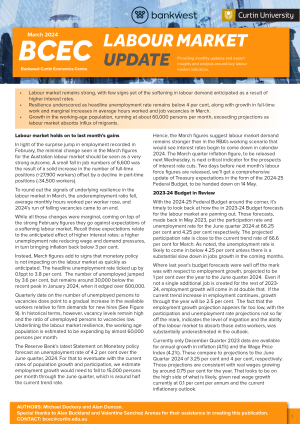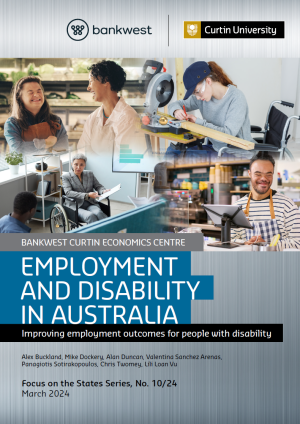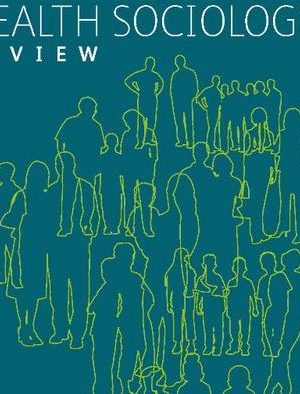The association between income, wealth, economic security perception, and health: a longitudinal Australian study
The study used data from the Household, Income and Labour Dynamics in Australia (HILDA) Survey to explore three hypotheses: (1) that income and wealth both predict economic security perception, mental health, and physical health; (2) that gradients in health outcomes are better explained by wealth than income; and (3) that economic security perception is better explained by wealth than income. We conducted fixed effects regression analysis. After controlling for other variables in our model, both income and wealth appeared to have positive and significant associations with economic security perception and a range of mental health outcomes, but not physical health. There was also some evidence to support our second hypothesis, that gradients in health outcomes are better explained by wealth than income, however only for mental health. Our third hypothesis was not supported by the data. While both income and wealth were strongly related to economic security perception, it was better explained by income than wealth. We recommend that future studies are designed to evaluate the role of economic security as a mediating variable in the relationship between income, wealth and health, because the implications are substantial.





